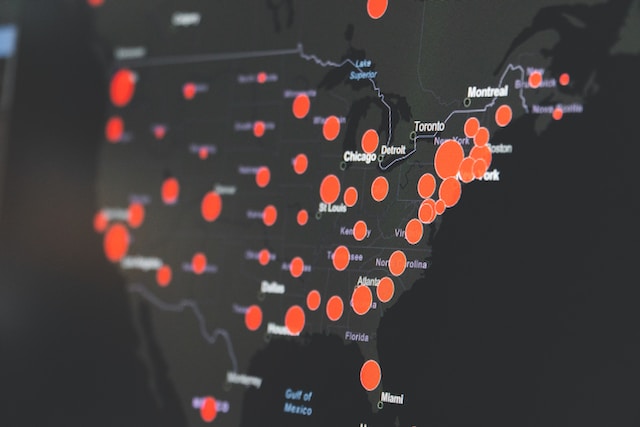Vaccination is the currently available strategy against the Covid-19 pandemic and setting the public mind towards getting inoculated is of pivotal importance, according to the Ministry of Health (MoH).
The massive vaccination drive is aimed at safeguarding the public health. To achieve this, each and every member of the target group should not only be ready to take the jab, but also prepare their minds for it.
“I think vaccine uptake is more relevant considering the fact that many people are refusing to take it. Some people are slightly unwilling which is vaccine hesitancy’’, Dr Hamed al Sinawi, Senior Consultant, Oldage Psychiatrist at the Department of Behavioural Medicine, SQU.
He observes that hesitancy is a behaviour influenced by many factors such as trust and confidence in the vaccine itself, not believing that there is a need for the vaccine or added value to it and the ease of accessing the vaccine.
“Unfortunately, information alone via health education campaign is not enough on its own and we need to understand what would motivate people to take the vaccine’’, adds Dr Al Sinawi, who is also the Chairman of Oman’s Alzheimer’s Society and the Psychiatrist Society.
For him, a number of factors influence our motivation towards any health related behaviours, which include:
1. Perceived susceptibility, which means the person believes that he/she is at risk of being infected with Covid-19
2. Perceived benefit: taking the vaccine will be a good thing to do as it will reduce the risk of being infected
3. Perceived barrier: what are the difficulties in getting the vaccine and its cost
4. Cue to actions
The World Health Organization (WHO) has, on the World Immunisation Week this year, observed that we now have more vaccines to protect more people from more diseases, and throughout history, vaccines have greatly reduced or eliminated many infectious diseases that once routinely killed or harmed infants, children and adults.
However, some of the viruses and bacteria that cause these diseases still exist and we can still get these diseases if we aren’t vaccinated.
“By getting vaccinated, you can help protect yourself from much of this unnecessary suffering. Immunisation is one of the best ways we can protect ourselves, our children and future generations from infectious diseases. This year, accelerating scientific and technological innovations have made it possible to use vaccines as a key tool to end the Covid-19 pandemic’’, a WHO note said.
But, while more than 36 million doses of Covid-19 vaccines have been administered across the region, people are not being vaccinated at the rate that WHO wants to bring us closer to stopping the spread of Covid-19.
Source: Oman Observer

